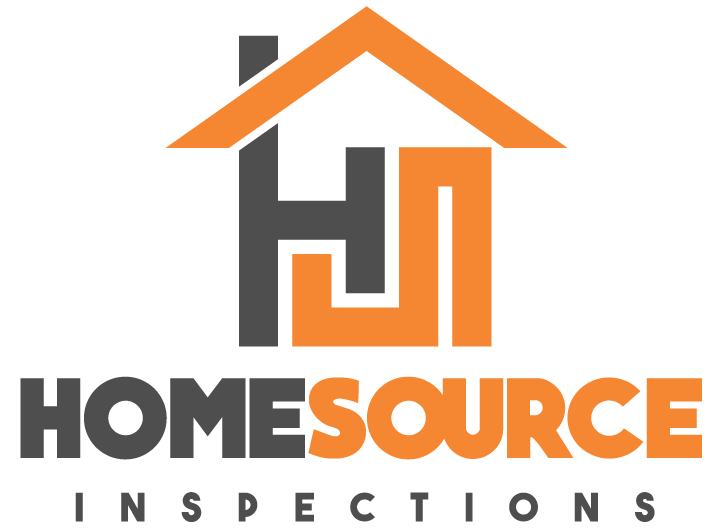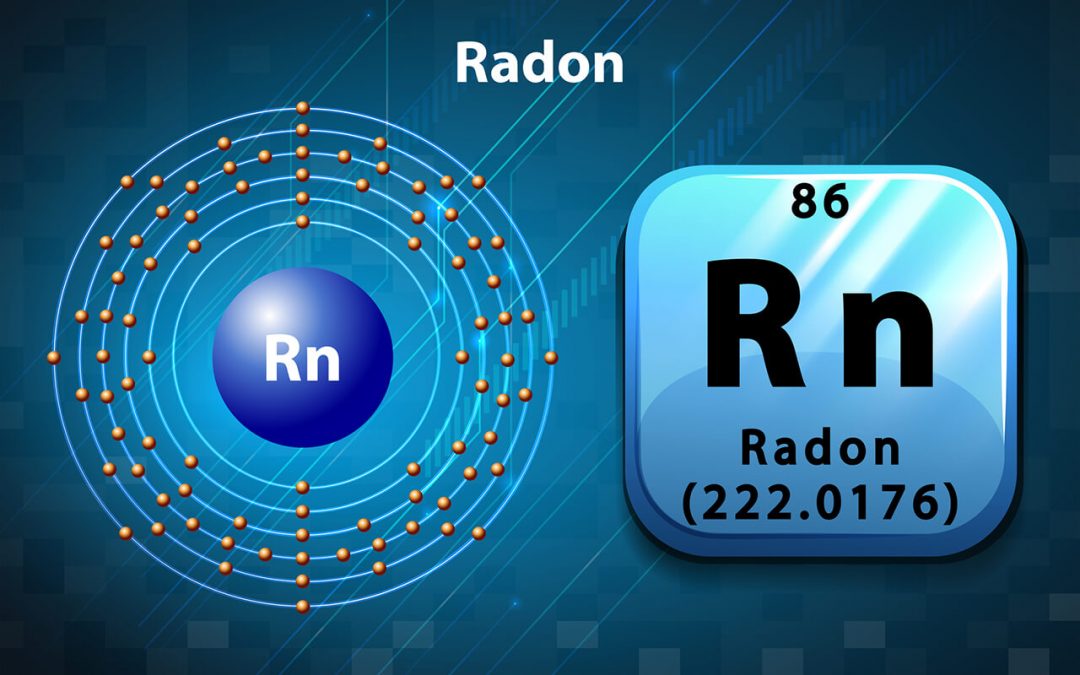Some of the biggest dangers to your family inside of your home are completely odorless, colorless, and tasteless, like carbon monoxide and radon. Radon is a gas that is released as uranium decomposes underground. It can seep into your home through small cracks in your foundation and lead to serious health consequences, including lung cancer. Read on to learn about the dangers of radon in your home.
What is Radon?
Radon is the result of radium, a radioactive byproduct of uranium, decaying outside. It occurs naturally and you can be exposed to small amounts of it in the air without experiencing any issues. However, if you are exposed to large amounts of radon over a long period of time in a confined space, you could experience the dangers of radon firsthand.
What are the Health Dangers of Radon?
Radon is a leading cause of lung cancer in the United States among both smokers and non-smokers. Breathing in radon gas allows the substance to penetrate your lung lining and emit radiation. Over months and years of breathing in the gas, radon can damage your cells permanently and cause lung cancer. Because it harms your lungs, smokers and those with lung conditions are more vulnerable to developing cancer.
What are the Signs of Radon Exposure?
Because the dangers of radon are so serious, it’s important to understand the symptoms of lung cancer. The signs of radon poisoning won’t show up until you’ve been exposed to high levels for several years. Staying vigilant and seeking medical care if you are concerned is important. Some of the signs of radon exposure or lung cancer include:
- Chronic coughing
- Repeated respiratory infections, like pneumonia or bronchitis
- Shortness of breath
- Wheezing
- Changes in your cough
- Facial or neck swelling
- Fatigue, sudden loss of appetite, unexplained weight loss, or weakness
- Difficulty swallowing
How to Eliminate the Dangers of Radon
The best way to avoid the dangers of radon is with professional testing. A home inspector can visit your property and use thorough testing methods to determine the exact radon levels present in your home. The EPA has guidelines for how often radon testing should be performed in single-family homes, and they include homeowners who:
- Do not know if radon is present in their home
- Are preparing to buy or sell the house
- Want to renovate the home, especially the basement
- Are planning to alter the layout of the home
A professional home inspector can provide accurate results with a radon test. If high levels are detected, hire a radon mitigation expert to lower the levels in your home and keep your family safe.
HomeSource Inspections provides home inspections and radon testing in Northern Indiana and Southwest Michigan. Contact us to schedule our services.

